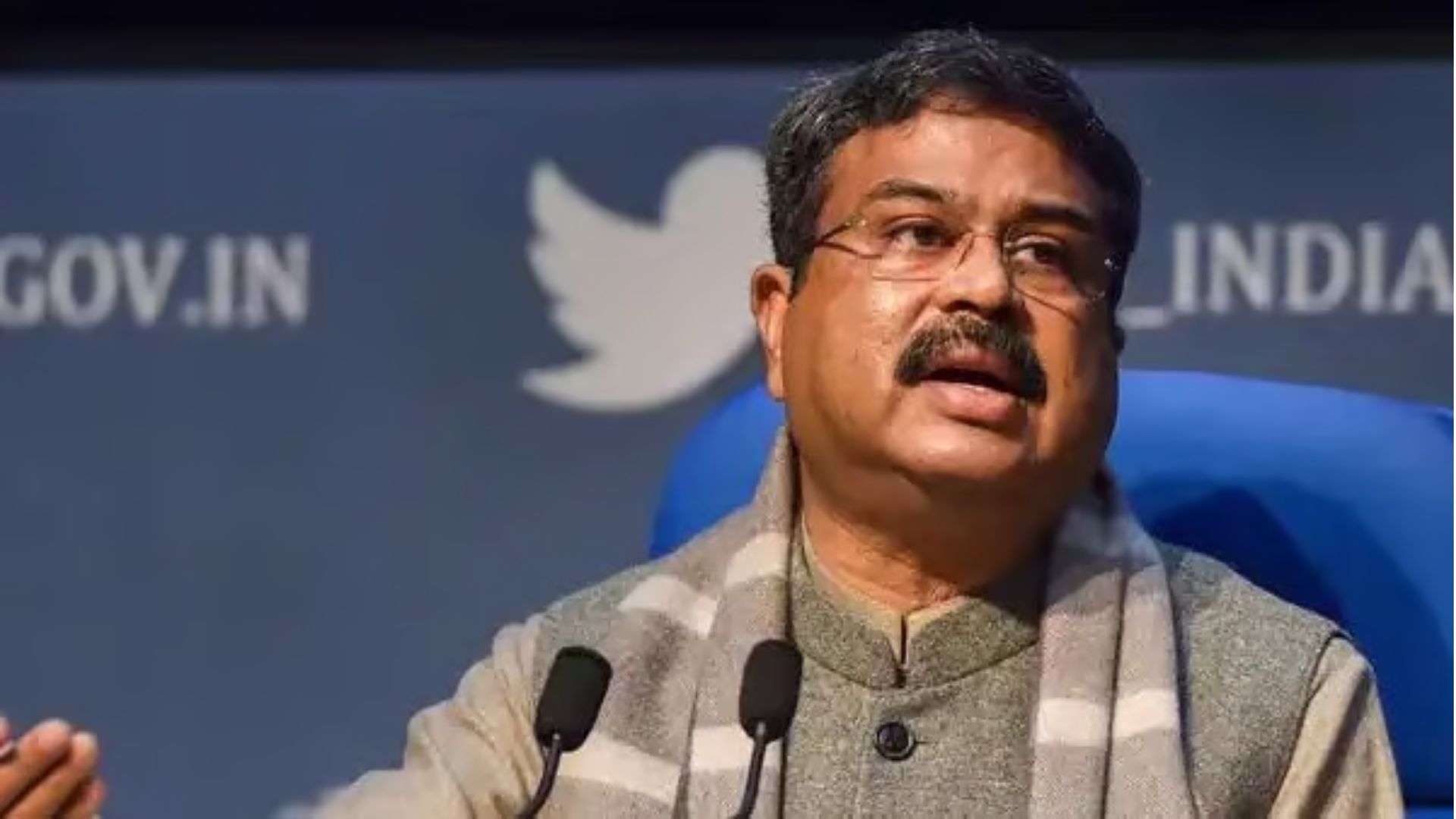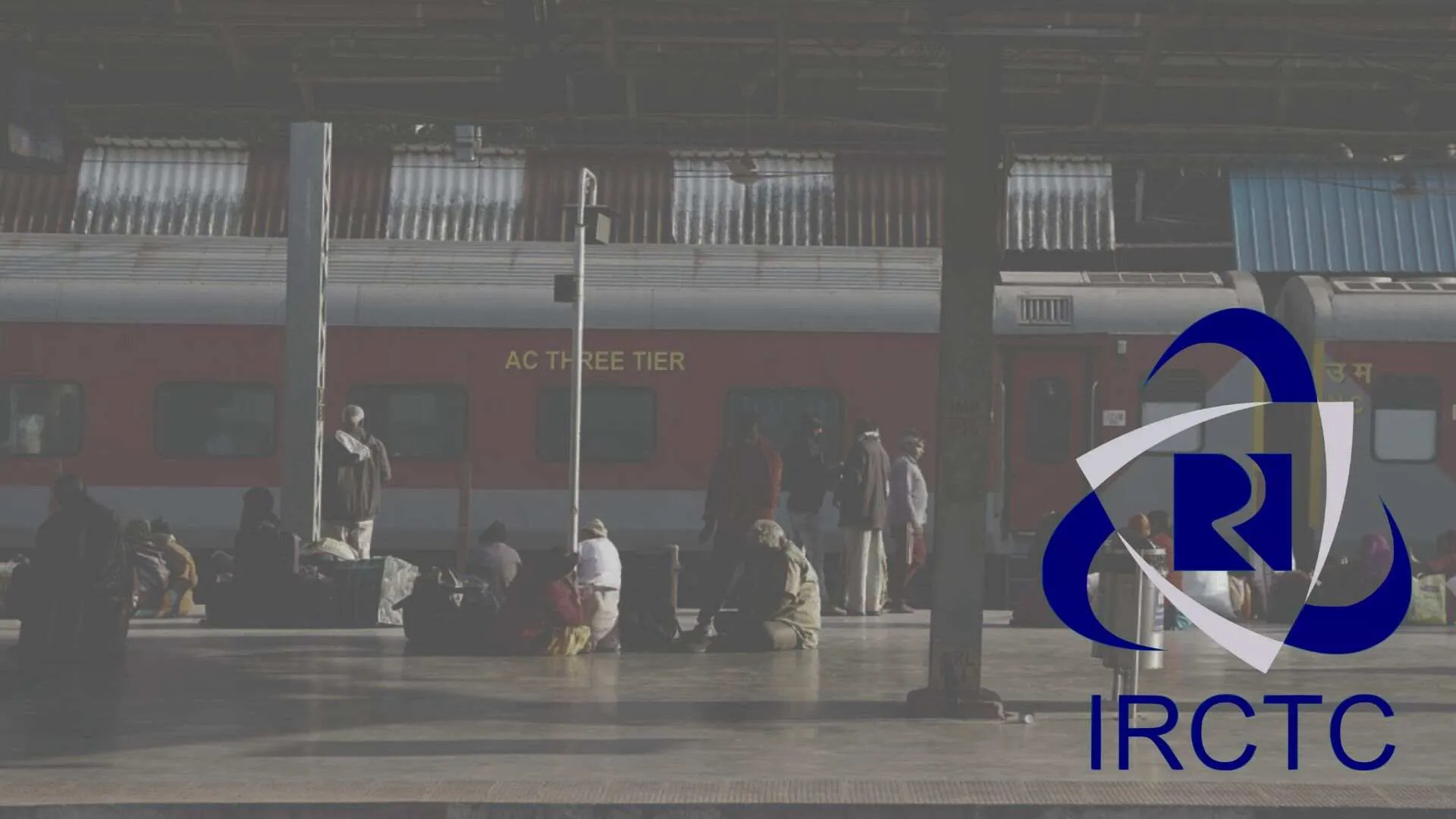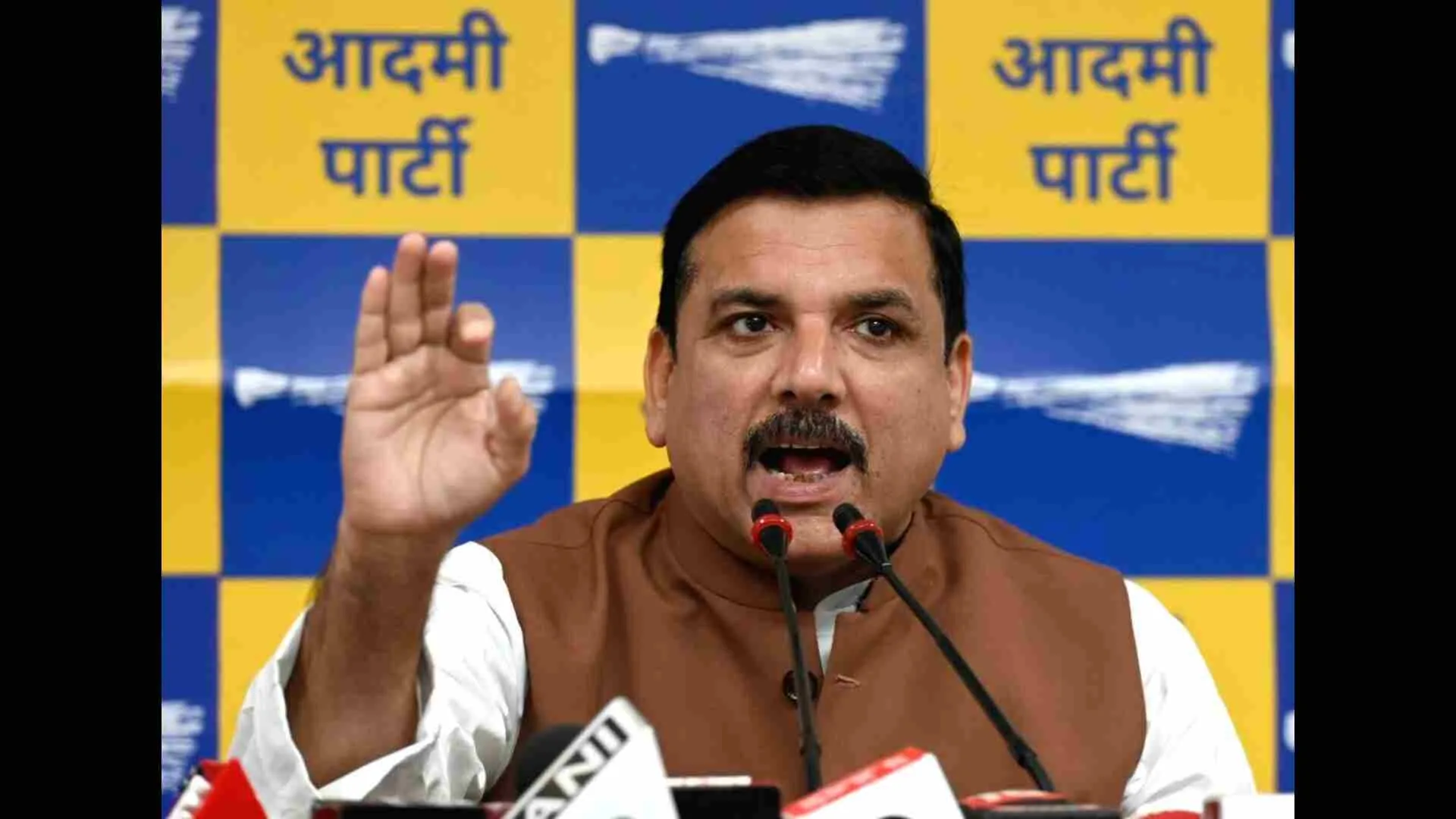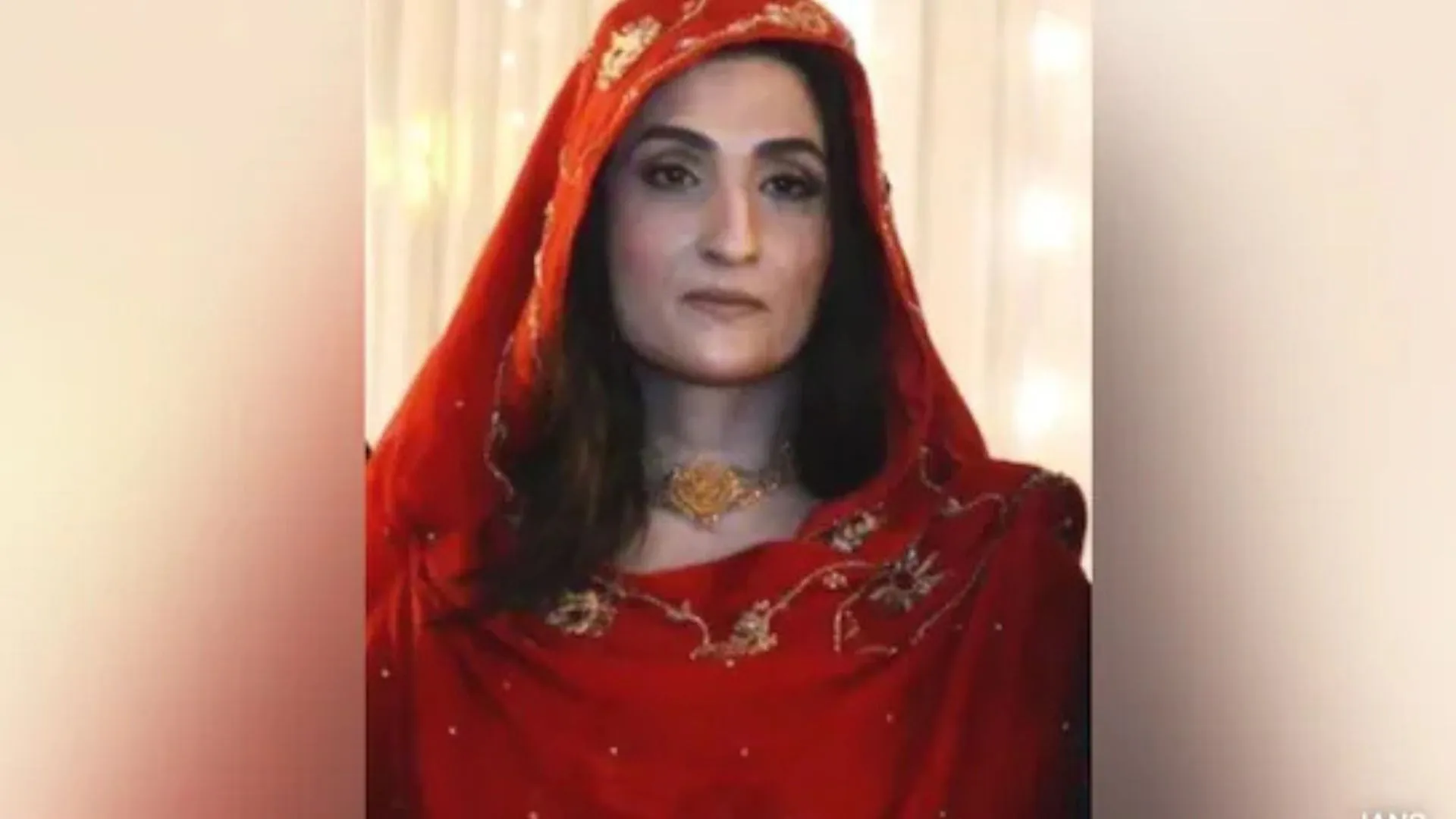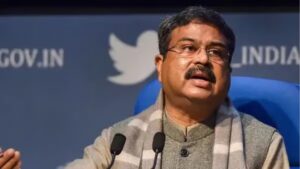Amid the week-long ‘Bharatiya Bhasha Utsav’ celebrations, Union Education Minister Dharmendra Pradhan emphasized on Wednesday that the mother tongue is crucial for learning in young children, as it fosters their creative and critical thinking abilities.
In an article penned for the ‘Bharatiya Bhasha Utsav’, the Union Minister stated that the National Education Policy (NEP) 2020 will act as a catalyst for reclaiming linguistic pride, asserting that India’s linguistic diversity will be foundational to educational excellence. He reiterated Prime Minister Narendra Modi’s commitment to preserving the country’s rich linguistic heritage.
National Education Policy Aims to Reclaim Linguistic Pride
Schools across the nation are organizing programs under the Bharatiya Bhasha Utsav to promote linguistic heritage and commemorate the birth anniversary of Mahakavi Subramania Bharati on December 11. Pradhan remarked, “Linguistic pride lies at the core of Bharat’s civilizational ethos. All Indian languages are national languages, constituting the soul of Bharatiyata. Linguistic diversity strengthens national unity and helps realize the goal of ‘Ek Bharat Shreshtha Bharat.’ Each one of our people, therefore, must wear linguistic pride as a badge of honor.”
He highlighted that 80 percent of Bharat’s population identifies as non-English, native language speakers, which gives them a natural inclination to master skills in their mother tongue.
Mother Tongue as a Foundation for Deep Learning
“Mother tongue lies at the core of deep learning, because our languages are not just tools of communication — they are repositories of history, tradition, and folklore, preserving the collective wisdom of generations and offering a unique worldview,” he wrote.
Further elaborating on the benefits of mother tongue education, Pradhan stated, “Children, brimming with creativity and emotional intelligence, flourish when their education begins in their native language. A primer in their mother tongue builds a seamless bridge from the home to the classroom, guiding them from ‘mother’ tongue to ‘other’ tongue — transitioning from speaking to writing, vocabulary to semantics, and language to subject comprehension.”
He added, “Education in the mother tongue fosters a natural progression from basic understanding to complex thought. Bharat’s linguistic diversity is a treasure-trove of both intellectual and cultural wealth.”
PM Modi Endorses Mother Tongue Education
Prime Minister Modi shared the Union Minister’s insightful note on his social media, emphasizing that teaching in mother tongues lays the foundation for deeper learning, fosters creativity, and preserves cultural roots.
In a related development, the Union Cabinet recently expanded the scope of classical languages by including five more languages: Marathi, Pali, Prakrit, Assamese, and Bengali.

